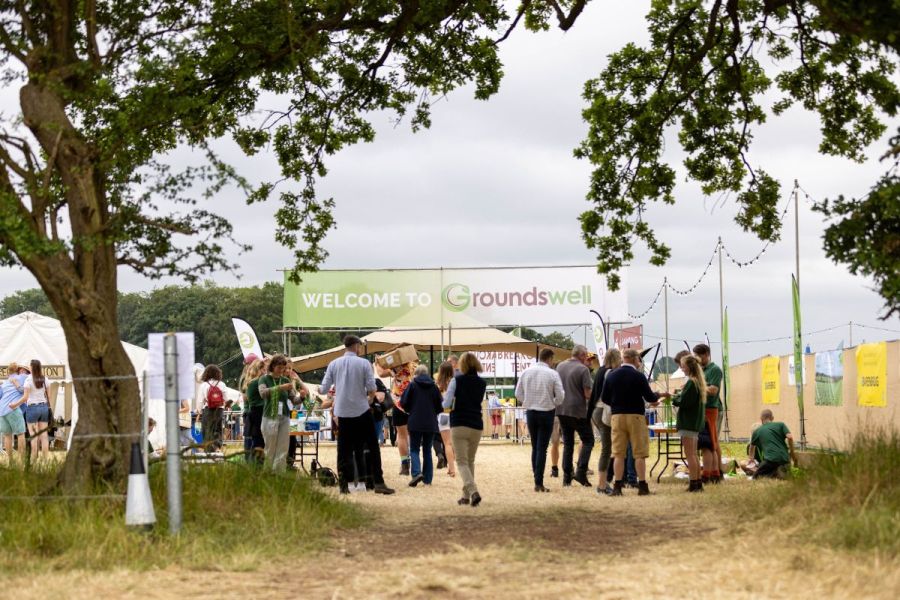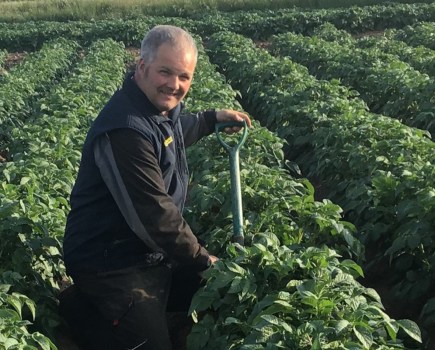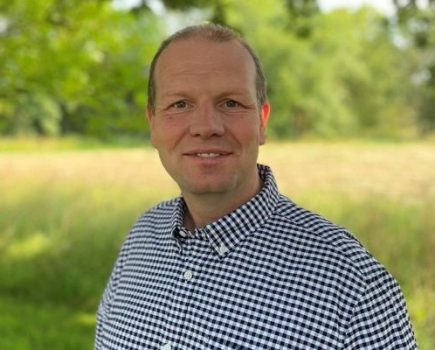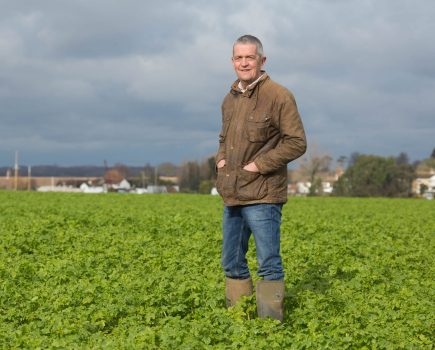By Martin Lines
As the summer show season comes to an end, I’ve been reflecting on what seems to be a groundswell of change happening. Many farmers are quietly getting on with making changes to their farming practices, whether it’s adapting to future government policy changes, grasping new trading opportunities or mitigating climate impacts. Those not so quiet about their transition to regenerative practices are excitedly keen to impart their learnings in the process.
This is one of the unique things about this sector: the willingness of individuals to share their wisdom, trials and errors, and hard-earned solutions to on-farm problems. Most other industries charge for this kind of information or keep it as a closely guarded secret to stop the competition from getting ahead.
There are many individuals and organisations outside of the sector who express their views on what farmers and farming should or could be doing. A great leveller in this conversation is an open-gate policy that brings people from a multitude of backgrounds on to the farm for a walk and talk. Open conversations about farming, either on the farm or remotely, helps lay bare the genuine realities of everyday farm practice, breaking down barriers and misinformation. Having conversations face-to-face has always been my preferred option as the granularity of farm systems can be explained more easily and questions keenly answered. A Twitter debate only gets you so far.
It’s disappointing to see the sheer number of people online who want to pick on organisations or individuals for doing things differently or saying things differently. Social media has become the virtual equivalent of peering over the hedge, a space for upholding age-hold peer pressure. Divisive threads galvanise many a keyboard warrior to defend a single viewpoint, ending up in arguments where detail and nuance is quickly abandoned. There’s only so much a social media debate can resolve in 280-characters. The way we farm our crops, the systems we adopt and the techniques we use are all different. There is no one-size-fits-all approach.
Farming is going through one of the biggest changes of a generation and every one of us has something we can learn from someone else. Alternative ideas aren’t the enemy of good practice. In a time of monumental and relentless change – from the weather to the marketplace – experiential learnings from other farmers can lend a hand when we need to go beyond our comfort zones to find solutions to new challenges.
We regularly hear that a practice won’t work here, or a farming method won’t work there, but I’m more interested in a farmer’s experience in trialling a new approach and making it work for their system and location. I can’t recommend Groundswell enough for the opportunities to see and hear innovation on the ground.
As farming grapples with practices that deliver multifaceted outcomes such as food production, nature recovery and climate mitigation, support for what our farming landscapes can achieve is welcomed. The recently launched Consensus on Food, Farming and Nature offers a stronger platform for persuading governments and stakeholders to better support a vibrant future for our sector.
Finding common ground in how we navigate the pressures of producing food sustainably in the long term is much welcomed. But having farming voices at the centre, bringing organisations and public together, is a step towards greater unity instead of more division. Be a part of this shared vision and visit www.foodfarmingnature.org.
Hopefully, by the time you’re reading this article, harvest will be going smoothly and the results coming from the combine are pleasing.
This article was taken from the latest issue of CPM. For more articles like this, subscribe here.
Sign up for Crop Production Magazine’s FREE e-newsletter here.




